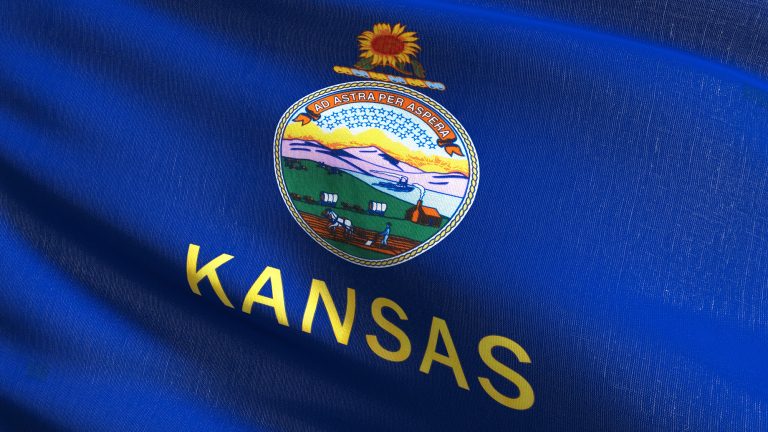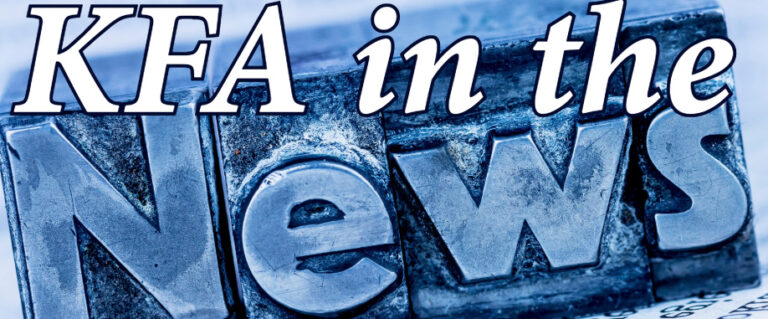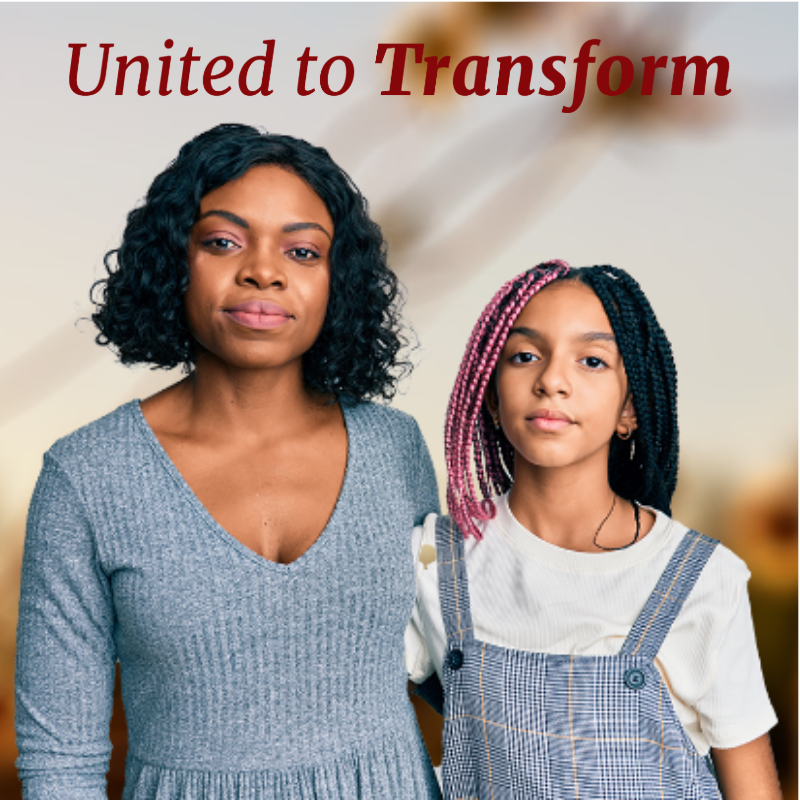KFA Grant Program
The opioid epidemic has had a devastating impact across the U.S. and in Kansas, where overdose deaths have continued to rise. In response, the Kansas Attorney General’s Office has recovered funding through legal settlements with pharmaceutical companies and distributors, holding them accountable for their role in the crisis.
In 2021, the Kansas Legislature passed the Kansas Fights Addiction (KFA) Act, allowing funds from these settlements to be used for substance use disorder (SUD) prevention, treatment, and recovery efforts statewide.
Settlement funds are divided as follows: 75% goes to the KFA Fund, administered through a grant program overseen by the KFA Grant Review Board; 25% goes to the Municipalities Fight Addiction Fund (MFAF), distributed evenly across participating counties and municipalities. An annual $200,000 is also dedicated to K-TRACS, the state’s prescription drug monitoring program.
The enacting legislation authorized the attorney general to create the 11-member KFA Grant Review Board. The board oversees the KFA grant program, which provides funding opportunities for eligible state agencies, local and county governments and nonprofit organizations that provide services in Kansas for the purpose of preventing, reducing, treating, or otherwise abating or remediating SUDs. Sunflower Foundation serves as the administrator for the grant program.
Grant Opportunities
No Grant Opportunities Currently Available
The KFA board does not yet have a schedule for the next round of funding opportunities. The board is in the process of developing future funding opportunities and the associated schedule using the recently published results of the comprehensive statewide needs assessment. Future funding opportunities will be updated here and sent out through our mailing list. Sign up for the KFA mailing list by completing the form and selecting Kansas Fights Addiction.
Latest News
KFA Board awards more than $6 million to 34 organizations in fourth round of funding
January 23, 2025
The Kansas Fights Addiction Grant Review Board awarded more than $6 million to 34 organizations as part of its fourth round of funding, which prioritized substance use disorder (SUD) strategies related to prevention, providers and health systems, and public safety and first responders.
Municipalities Fight Addiction Fund (MFAF)
Click the links below to access resources and guidance for participating Municipalities Fight Addiction Fund (MFAF) subdivisions.
The Opioid Response Network, Sunflower Foundation, and the Kansas Attorney General’s Office co-hosted the Kansas Municipalities Fight Addiction Summit in April 2025. Click below to watch a recording of the summit.
KFA Annual Reports
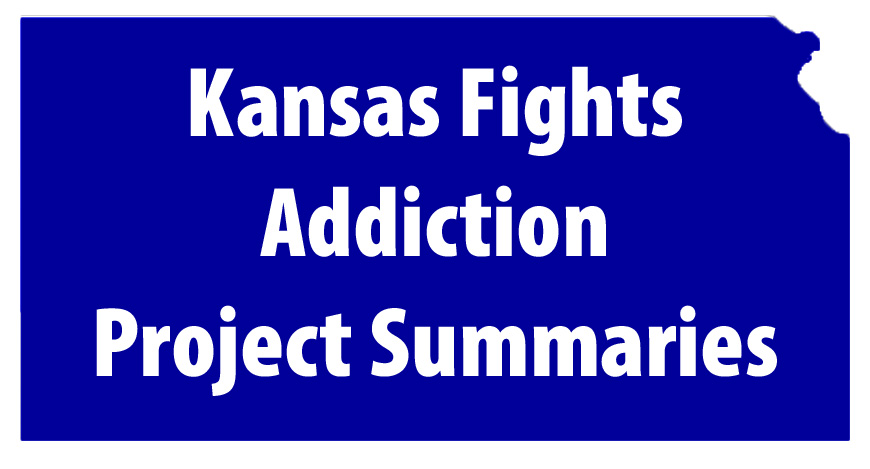
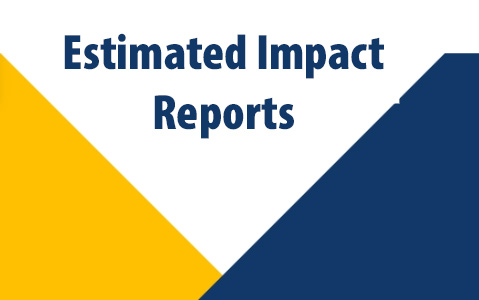
KFA Resources
Contact
Krista Machado
Director of Kansas Fights Addiction
785.232.3000, Ext. 115
kmachado@sunflowerfoundation.org
Alyssa Nava
KFA Program Manager
785.232.3000, Ext. 117
anava@sunflowerfoundation.org
Kansas Fights Addiction Grants Management System (FLUXX) Technical Assistance Videos
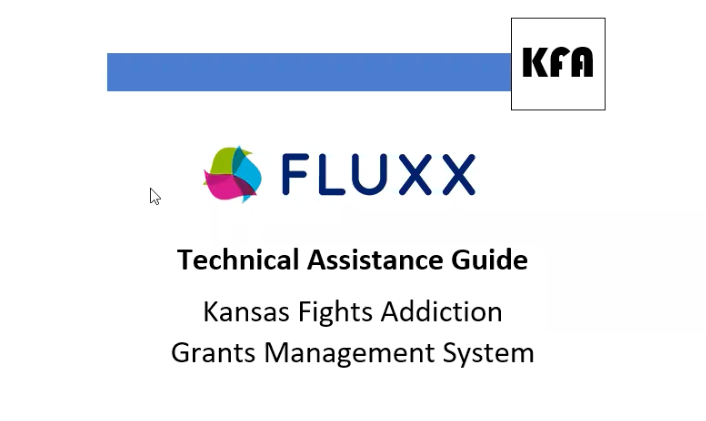
18:23


